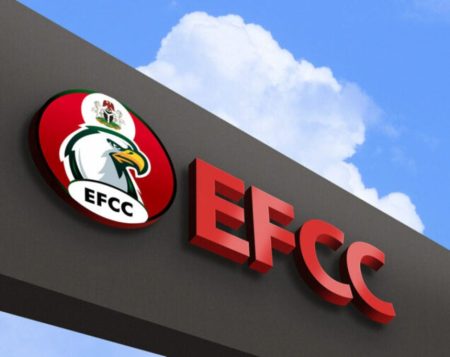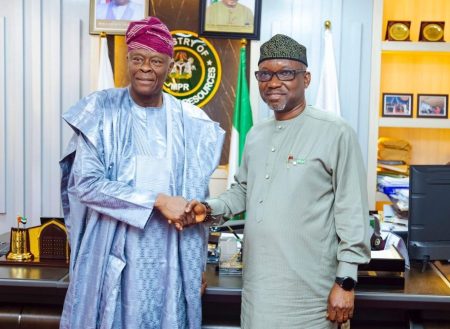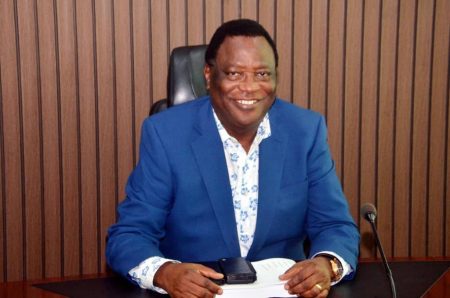
15 August 2016, Dubai/London — OPEC will probably revive talks on freezing oil output levels when it meets non-OPEC nations next month as top exporter Saudi Arabia appears to want higher prices, according to OPEC sources, although Iran, Iraq and Russia present obstacles to a deal.
Riyadh sharply raised expectations for a global production deal between on Thursday when Energy Minister Khalid al-Falih said Saudi Arabia will work with OPEC and non-OPEC members to help stabilize oil markets.
“The comments by the Saudi energy minister give a positive indication that they are willing to go for a freeze deal but the question remains: on what level?” said an OPEC source from a key Middle Eastern producer.
“Will the freeze be at January levels? And what about Iran?And then there is Nigeria, which has lost a lot of production since January,” the source added.
Only days after Falih’s remarks, Energy Minister Alexander Novak was quoted as saying Russia is consulting with Saudi Arabia and other producers to achieve oil market stability, adding that the door is still open for more discussions on output freeze, if needed.
Saudi Arabia, together with Russia and the United States a rival for the position of the world’s top oil producer, boosted output to 10.67 million barrels per day in July from 10.2 million in January, when the freeze idea first emerged.
Since 2014, Saudi Arabia, OPEC’s de facto leader, has been raising output to drive higher cost producers out of the market and win back share from rivals such as the United States, where output soared on the back of the high oil price of the past decade.
As a result, oil prices collapsed to $27 per barrel in January from as high as $115 in mid-2014, capping output of the United States but also hitting hard Saudi Arabia’s budget and resulting in a record fiscal deficit for Riyadh.
A previous attempt to freeze output at January levels to support prices collapsed in April after Saudi Arabia said it wanted all producers, including regional rival Iran, to join the initiative.
Tehran argues it needs to regain market share lost during years of Western sanctions, which have been only softened in January.
Over the past few months, Iran, OPEC’s third-biggest producer, has boosted output close to pre-sanctions levels and has repeatedly signalled it has no plans to join the freeze initiative.
“I do not see any real chance,” a source familiar with Iranian oil thinking said on Saturday in reference to the prospect of a freeze deal in September.
OPEC members will meet on the sidelines of the International Energy Forum (IEF), which groups producers and consumers, in Algeria on Sept. 26-28.
“However, if prices go down further, some OPEC members will try to send positive signals to the market to keep prices at least at current levels,” the source added.
Iraq Output Gains
Iranian oil minister Bijan Zanganeh said in parliament last week he wanted to take the country’s output to 4.6 million b/d within 5 years – much above the current 3.6 million b/d and pre-sanction levels of 3.8-4.0 million b/d.
But since the collapse of freeze talks in April, Iran is no longer the only obstacle to the deal.
Iraq, OPEC’s second-largest producer, which in April was saying it would support the deal, has since agreed with oil majors on new contract terms to develop its massive fields, which will allow output to rise further next year by up to 350,000 b/d.
Nigeria and Libya could present further complicating factors, delegates said. Nigeria’s output hit its lowest in over two decades this year due to attacks on oil sites and Libya is pumping a fraction of the pre-conflict level – raising the question of what level they should limit supplies at.
While Nigeria supported April’s freeze initiative, Libya declined to join the talks.
Russia, which back in April was ready to freeze production in the first coordinated action with OPEC since 2001, also signalled it was no longer very keen on a dialogue and would continue boosting output.
Its output currently hovers near an all-time high of 10.85 and Russian officials expect it to edge up further next year.
And even Saudi Arabia itself has raised its output to record levels in July, which Falih has explained was due to the rising seasonal domestic demand and customers asking for more oil worldwide.
These increases arise as countries which usually do not join any global actions such as North American producers are expected to add more barrels. The International Energy Agency expects non-OPEC output to rise by 300,000 b/d next year after a decline of 900,000 b/d in 2015 as North American output stabilises.
Hence, persuading countries such as Iran, Iraq and Russia to return to output controls will be a difficult task for Riyadh but a worst option would be to raise expectations of a deal that doesn’t happen, like in April.
“No agreement will collapse the market, and OPEC,” said the first OPEC source.
*Rania El Gamal & Alex Lawler; Dmitry Zhdannikov; Editing – William Hardy – Reuters



